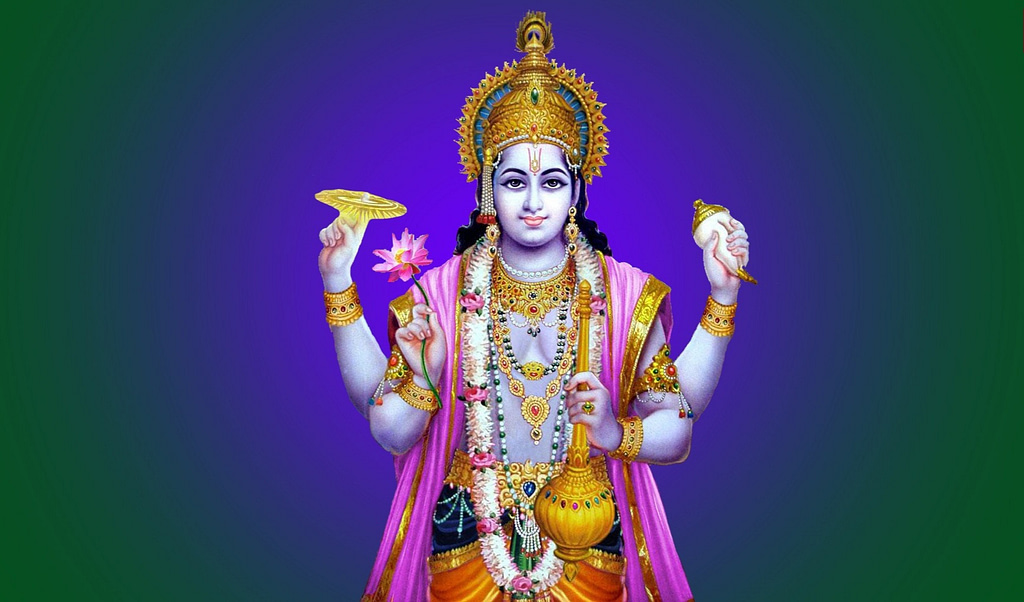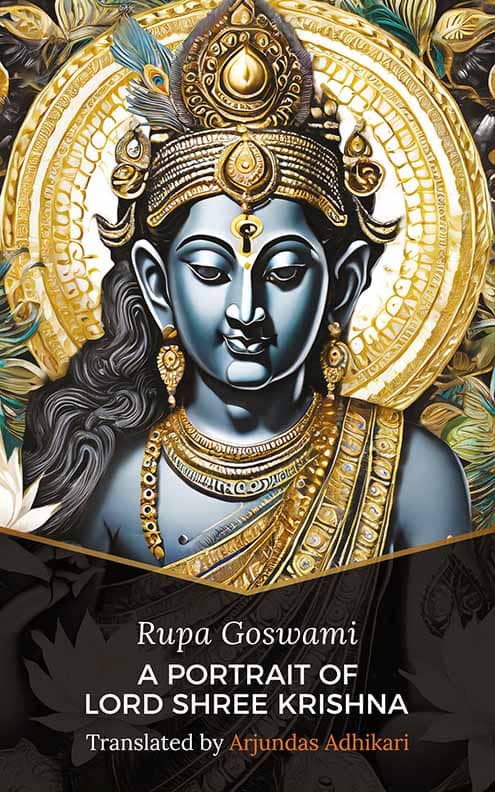
You don’t have to look very far to see why spiritual drama is a prominent feature of Hinduism, for spirituality has permeated the very foundations of Indian life. The influence of this spirituality on antiquity has been examined by many historians, in particular the well-known Orientalist and British Museum librarian, the Rev. Thomas Maurice:
These priests (the Druids), brahmins of India spread themselves widely through the northern regions of Asia even to Siberia itself and gradually mingling with the great body of Celtic tribes … pursued their journey to the extremity of Europe and finally established the Druid that is the brahmin system of superstition in ancient Britain. This I contend was the first Oriental colony settled in these Islands.
Antiquities of India, Vol VI
Linguists maintain that ‘Druid’ is a variant of ‘dravid.’ Dravids of today are known as South Indians, but dravids of yore were sages, or brahmin priests. ‘Dra,’ means ‘seeing,’ and ‘vid,’ means ‘wisdom,’ so that dravid identified a spiritual person like a brahmin who was wise to the Truth.
And these Druids were geographically very well distributed:
Everywhere in Gaul two classes only are of any account … one of the two classes consists of the Druids, the other of the knights. The former officiate at the worship of the gods, regulate sacrifices, private as well as public and expound questions of religion.
Caesar’s Commentaries on the Gallic War
Translated into English by T. Rice Holmes
What is understood by wisdom in this context? According to the wisdom-seers of India, wisdom’s end (vedanta) was arrived at by coming to appreciate Shree Krishna. Krishna also reassured His friend Arjuna that this was so: ‘I’m the origin of everything,’ He said in Bhagavad Gita. ‘If you know it, you’ll love Me with all your heart.’*
Vidagdha Madhava AKA A Portrait of Lord Shree Krishna by Rupa Goswami, is from this point of view, a very spiritual Indian drama. Even the humble attempt to translate Vidagdha Madhava by Arjundas Adhikari, is, too, a spiritual pursuit, because the subject matter of Krishna has been the focus of some of the world’s greatest seekers and philosophers since God was a boy (so to speak).
As the eminent philosopher Schopenhaur said:
In the whole world there is no study so beneficial and so elevating as that of the vedanta. It has been the solace of my life and will be the solace of my death.
The Upanishads, Introduction
I should add that this ancient spirituality always involves foregoing designations, and foregoing designations is difficult to do. To shed a nationalist spirit, for instance, isn’t easy. But liberation entails it. Identification with a country, we are assured, is similar to the curious delusion of a mental patient thinking they’re Napoleon! The idea of transcendence underpins Indian culture, and this is something which did not go unnoticed by the astute Julius as he continued commenting on the Gallic War (p 183):
The doctrine which they (the Druids) are most earnest in inculcating is that the soul does not perish, but that after death it passes from one body to another.
What Rupa Goswami’s Vidagdha Madhava does for you is get you onto the transcendental platform faster than you can say Jack Robinson.
Arjundas Adhikari
*Bhagavad Gita 10.8

